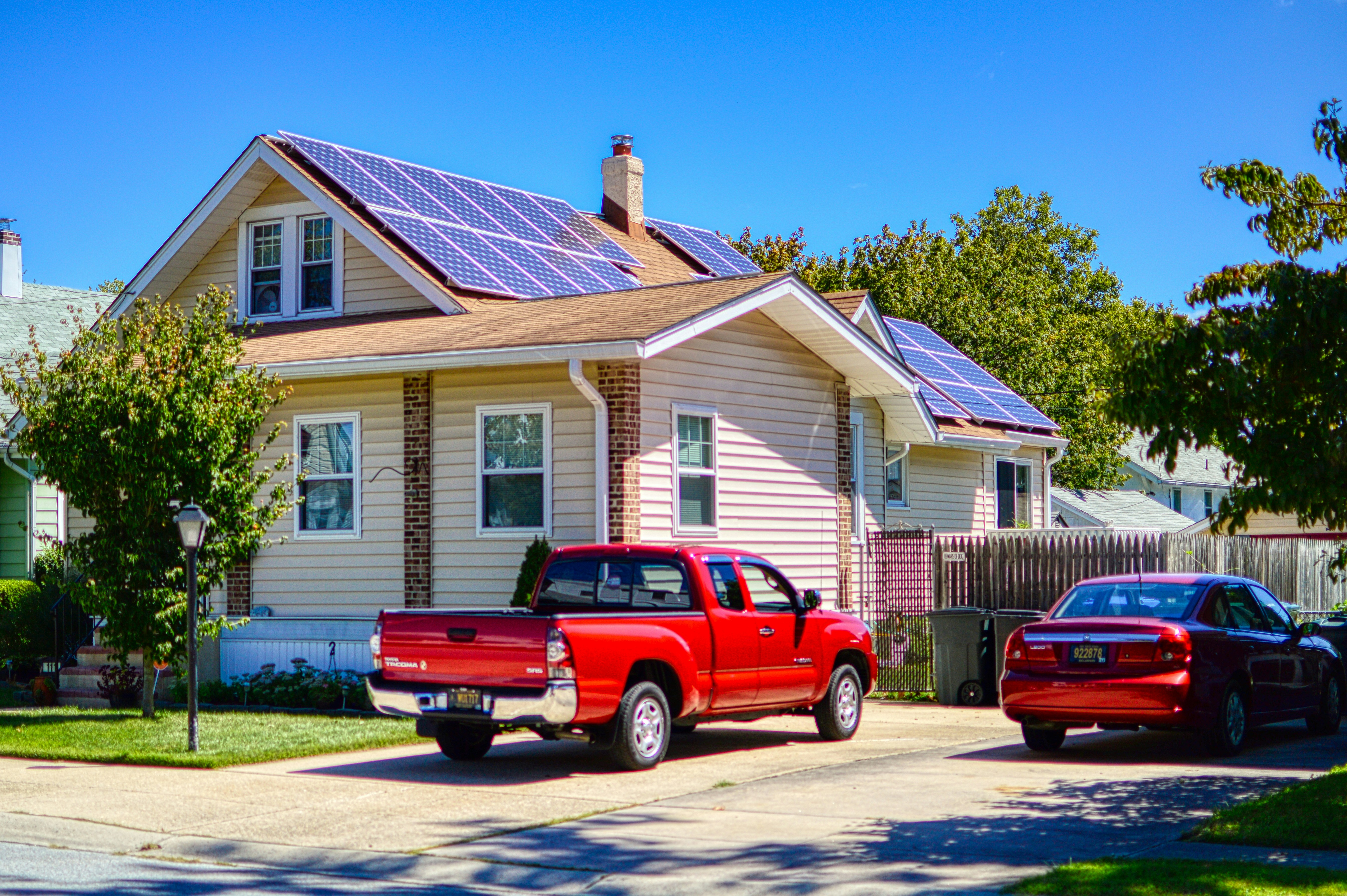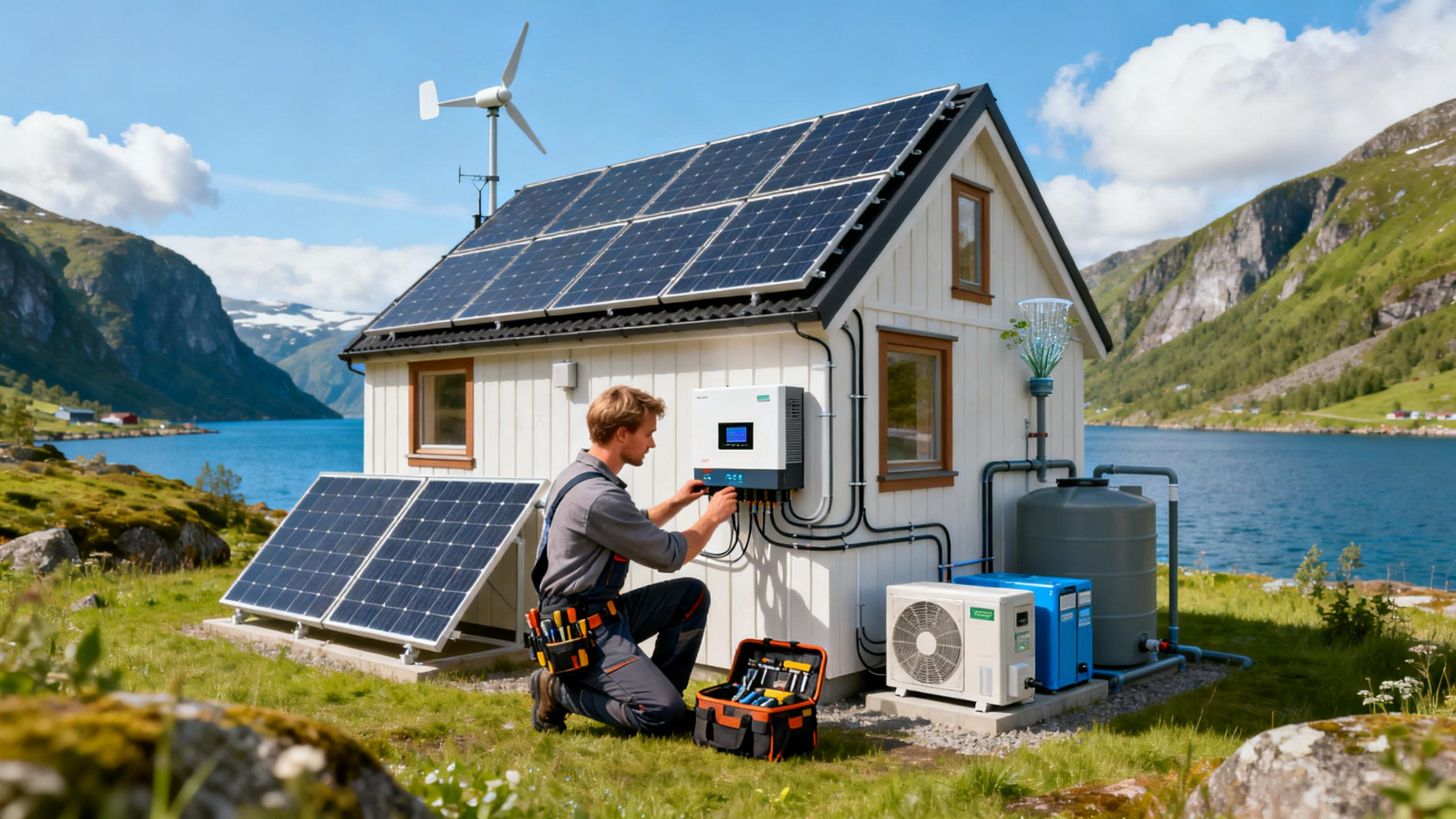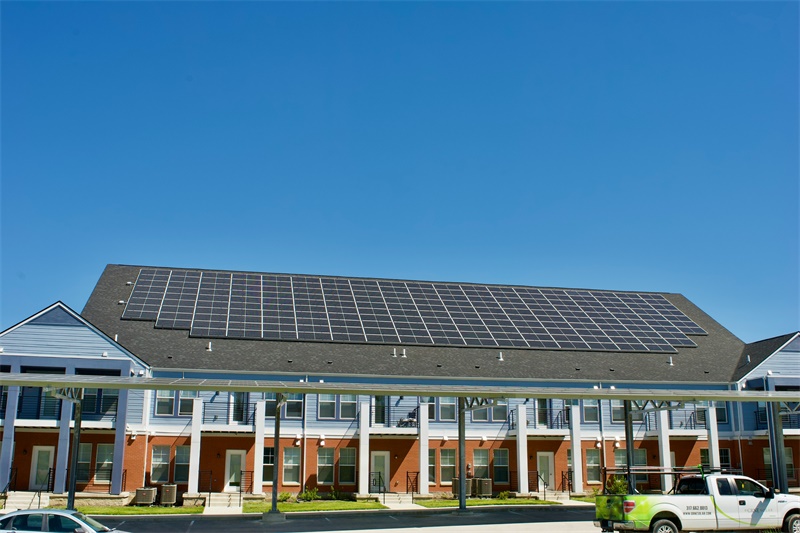How to Choose the Right Voltage Battery for Your Trolling Motor: 12V vs 24V

When running your boat’s trolling motor for fishing or other activities, the choice of battery voltage is crucial for efficiency and performance. Different batteries offer varying specifications such as capacity and voltage levels. This article provides a comprehensive comparison of 12V and 24V trolling motor battery systems to help you make an informed decision.
Understanding Trolling Motor Battery Systems
Trolling motor batteries are deep-cycle batteries designed to deliver steady current over long periods, unlike starting batteries which provide quick bursts of energy. This makes trolling motor batteries ideal for slow cruising, maneuvering, and fishing.
Common Voltage Systems
Trolling motors typically use 12V, 24V, or 36V systems depending on boat size and power needs:
12V system: Best for kayaks and small boats.
24V system: Ideal for medium-sized boats, offering longer runtime and greater thrust.
36V system: Provides the highest power for large boats or demanding conditions.
Suitability for Different Boats and Conditions
Most recreational anglers with small to medium boats choose between 12V and 24V systems, balancing cost, simplicity, and performance.
12V systems require only one battery, making installation simple and ideal for casual use on smaller waters.
24V systems need two 12V batteries connected in series, delivering longer runtime and increased thrust—better for longer trips or moderate currents.
Selecting the right voltage depends on power requirements, fishing style, and boat size. Reliable deep-cycle batteries, such as those from Renogy, ensure longevity and optimal performance.
Power and Performance
A 24V system typically offers more thrust—up to 80 pounds compared to 55 pounds for a 12V system—improving control in larger boats or windy conditions. Additionally, 24V systems are more efficient, experiencing less energy loss as heat and thus extending both motor and battery life.
For calm inland waters or small boats, a 12V system is sufficient. For greater endurance and power, especially with medium-sized boats, a 24V system is recommended.
Battery Capacity and Runtime
Battery capacity (measured in amp-hours, Ah) determines runtime. Connecting two 12V batteries in series doubles voltage but keeps the same capacity. Because 24V systems draw less current, they are more efficient and generally offer longer runtimes—for example, a 12V 55lb trolling motor on a 100Ah battery might run 4-5 hours, while a 24V 90lb motor could last 6-8 hours depending on conditions.
Size, Weight, and Space
A single 12V battery is smaller and lighter than two 12V batteries wired for 24V. Lithium-ion batteries (e.g., Renogy’s Core Series) minimize weight differences. A 12V setup is easier to install in tight spaces, whereas a 24V system requires more careful placement and wiring.
Cost Analysis
12V systems have lower upfront costs because they involve fewer components and a single battery. A 24V system requires two batteries, additional wiring, and a higher-end motor, raising initial expenses. However, lithium batteries, like those from Renogy, have longer lifespans and require less maintenance, making them cost-effective over time.
Maintenance and Setup
12V systems are simpler with less maintenance. 24V setups require balanced wiring and more expertise. Lithium batteries further reduce maintenance needs and offer smart features like Bluetooth monitoring and battery management systems (BMS) for protection against overcharging and extreme temperatures.
Efficiency and Wiring
12V systems draw higher current, needing thicker wires to avoid voltage drops. In contrast, 24V systems draw less current, allowing for smaller gauge wiring and reduced weight—an advantage in boats with long cable runs.
When to Choose 12V or 24V?
Choose 12V if you have:
Small boats or inflatables
Limited space or budget
Short fishing trips
Choose 24V if you have:
Medium-sized boats
Longer fishing trips or frequent use
Need for extra thrust and endurance
Stronger currents
Renogy Battery Solutions
Renogy offers marine-grade LiFePO4 batteries in 12V 20Ah and 100Ah options, designed for trolling motors. Two identical 12V Renogy batteries connected in series form a reliable 24V system. These batteries include Bluetooth monitoring and smart BMS for safety and longevity. They are lightweight, waterproof, vibration-resistant, and compatible with 12V, 24V, and 36V trolling motors.
FAQs
Can I charge trolling motor batteries with solar panels?
Yes. Renogy provides efficient solar panels and charge controllers suitable for this purpose.
What wire size is needed for 24V systems?
Typically, 6 AWG or 8 AWG wires suffice, but wire size depends on current and cable length.
How long do batteries last?
A 12V 100Ah battery may last 4-5 hours at moderate use; a 24V battery with similar capacity can last 6-8 hours.
Final Thoughts
Choosing between 12V and 24V trolling motor batteries depends on your boat size, fishing needs, and budget. Proper battery selection and wiring are key to performance and safety. Whether you prefer DIY installation or professional help, follow best practices for wiring and maintenance.
Renogy’s off-grid and marine power solutions provide reliable power for your trolling motor, helping you enjoy your day on the water with confidence.
 Why Off-Grid Home Energy Stora
Why Off-Grid Home Energy Stora
 Why Off-Grid Home Energy Stora
Why Off-Grid Home Energy Stora
 Adventure Ready Portable Solar
Adventure Ready Portable Solar
 Best Solar Panels for 4WD Adve
Best Solar Panels for 4WD Adve




